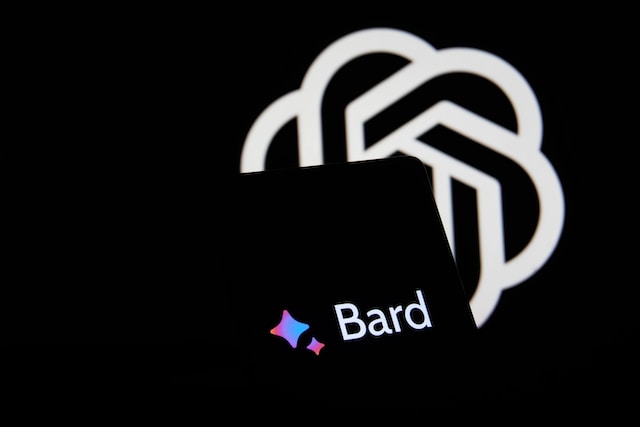Generative AI, such as ChatGPT or Google’s Bard, has revolutionised the way we work and use the internet. However there are some dangers that you need to be aware of to prevent it having a negative impact on your business.
1. Privacy
Most generative AI tools are built on large language models (LLM) trained on huge data sets. And whilst most don’t automatically incorporate queries into their training models, the companies that provide the LLMs are likely to store the data. This could be used for training in future. As a result, it’s not recommended that you include sensitive or confidential information into search queries as there is a danger that it could be shared in future.
2. Scams
Generative AI is increasingly being used by cybercriminals to create more convincing and targeted spam content – such as phishing emails – at scale. As a result, it’s becoming harder to identify so individuals and businesses need to be even more vigilant in spotting potential social engineering attacks.
3. Manipulation
Because generative AI works on prompts put in by humans, it can easily generate misinformation or content that is designed to manipulate. This, in turn, can influence people into making damaging decisions. It’s important to train staff to be aware of the increase in misinformation that is available on the internet now as a result of generative AI.
4. Hypnosis
This doesn’t refer to hypnosis of the user, rather of the AI itself. As mentioned, generative AI responds to prompts from humans, and studies have shown that it can be tricked – or ‘hypnotised’ – into leaking confidential information from other users, creating vulnerable or malicious code, and offering weak security recommendations. This can be done simply by writing a prompt in a specific way, so no technical or coding knowledge is required. In the wrong hands, this could be very dangerous.
5. Copyright infringement
Given that LLMs are trained on existing content – including creative works – the responses to queries could include copyrighted materials or someone else’s intellectual property (IP). This is important to be aware of, particularly if you’re using generative AI to create content for your business, as it could result in legal challenges for copyright or IP infringement. Because this is still new, the legal landscape is still being developed, so it is always best to act with caution and work with original source material where possible.
